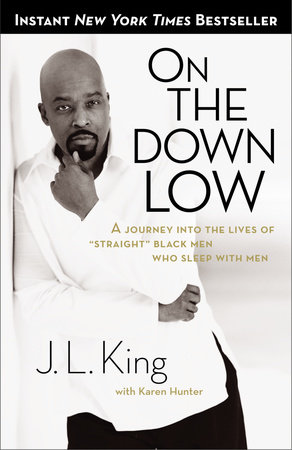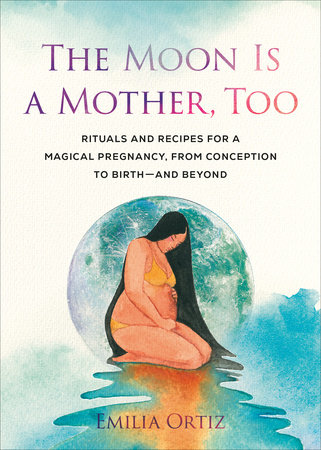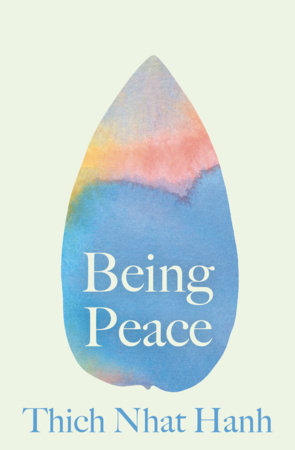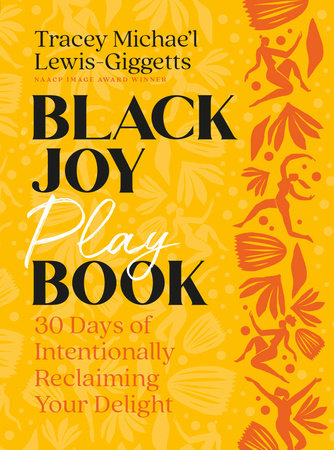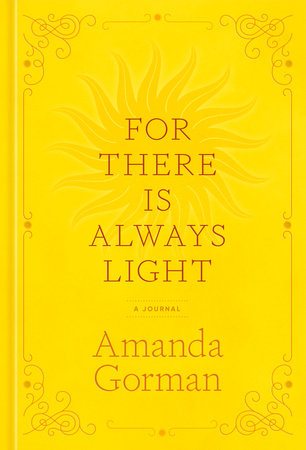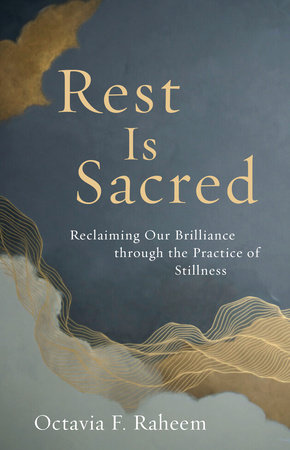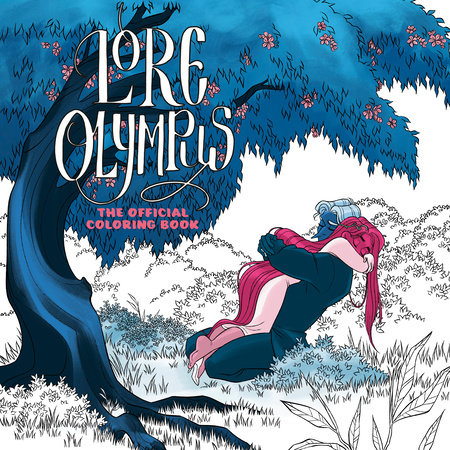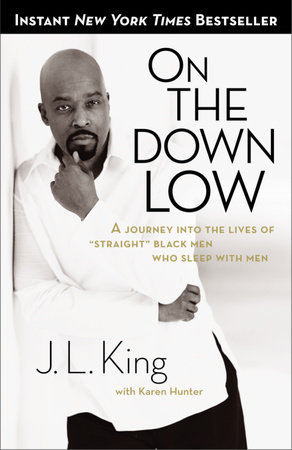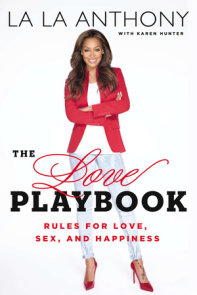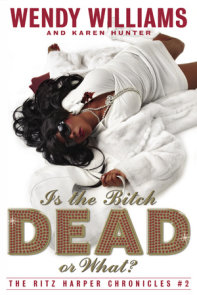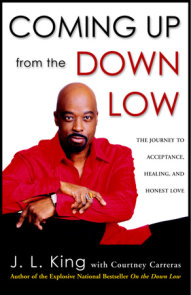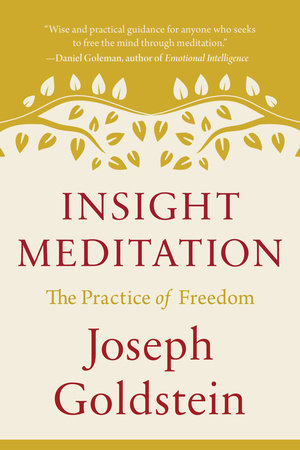Author Q&A
Why do some men live on the DL, and how did this trend begin?
Many bisexual men choose not to reveal their sexual orientation because they dread the negative fallout that such a disclosure would likely cause. Homophobia is real. We all witness the harsh words and ridicule to which the gay/lesbian community is subjected. Also, there’s tremendous normative pressure to keep closeted about any behavior that exists outside of the prevailing social and religious norms. Being judged and ostracized isn’t something most folks would sign up for, especially not a DL man whose sense of self is intricately linked to his ability to express masculinity and fulfill the traditional gender expectation assigned to men.
This is a controversial topic in the African American community. What do you anticipate the reaction to your book will be?
I anticipate that on the Down Low will spark lots of conversation within the African American community. And that’s what I hope will happen. Though it may be shocking to those members of the African American community who are not aware of DL behavior, I believe that my book will help the community to more actively address the complex issue of sexuality and how it plays out in our relationships. I suspect that there will even be some who receive the book with disbelief. But I believe they’ll be far outnumbered by the scores of women and men who’ve been thinking to themselves that this conversation is long overdue.
You do a lot of work as an HIV prevention activist. What’s the message of your book, for women and for men?
My primary message is awareness. Many women and men don’t take the time to get to know their sexual partners prior to becoming sexually active with them. We make decisions based only on what we see or what we’ve been told. Too often, that’s not the whole story. My book is a wake-up call to approach relationships with greater honor and greater caution.
What was the most striking example or fact you learned while writing your book?
There are men from all walks of life who are living double lives and demonstrating little or no control over their sexual desires and actions. Many men living on the DL express no reluctance about their behavior and have little insight into the impact of their destructive behavior.
How do you think your book will change awareness? How will it change public perceptions? And do you think it will change the way men on the DL approach their relationships?
I believe that public awareness of DL behavior will skyrocket as a result of this book. My hope is that this project will appeal to a broad cross section of people, crossing all boundaries of gender, economics, and social standing. This book is for those who are interested in understanding the specifics of this behavior, and the broader issues raised by the complexities inherent in human relationships. My prayer is that men on the DL will take a closer look at themselves through the pages of this book and that they will find the courage to be honest with themselves and the women with whom they’re involved.
If a woman finds out that her husband/boyfriend is living on the DL, what advice would you give her?
That would depend on the larger context of their relationship. If he has come to her, shared his painful secret, expressed both a willingness to eliminate the behavior and a strong desire to heal their relationship, I would ask her to be open to that. Especially if the other aspects of the relationship are solid. Many DL men want to stop the behavior and would agree to seek counseling if they didn’t dread the backlash. It is important that men who come forward be able to maintain their dignity, pride, and manhood. On the other hand, if she finds out about his DL behavior and then he is less than forthright or refuses to discuss it at all, she should end the sexual relationship because he’s still in denial about his sexuality.
Now that this taboo subject has been brought to light, what’s the next step in your mission?
I want to create a series of open and candid discussions around the subject of relationships. Many women have expressed to me that they are very concerned about the prospects of creating loving, monogamous relationships with men who honor them and who are honest with them. My goal is to create channels of healing between Black men and Black women.
